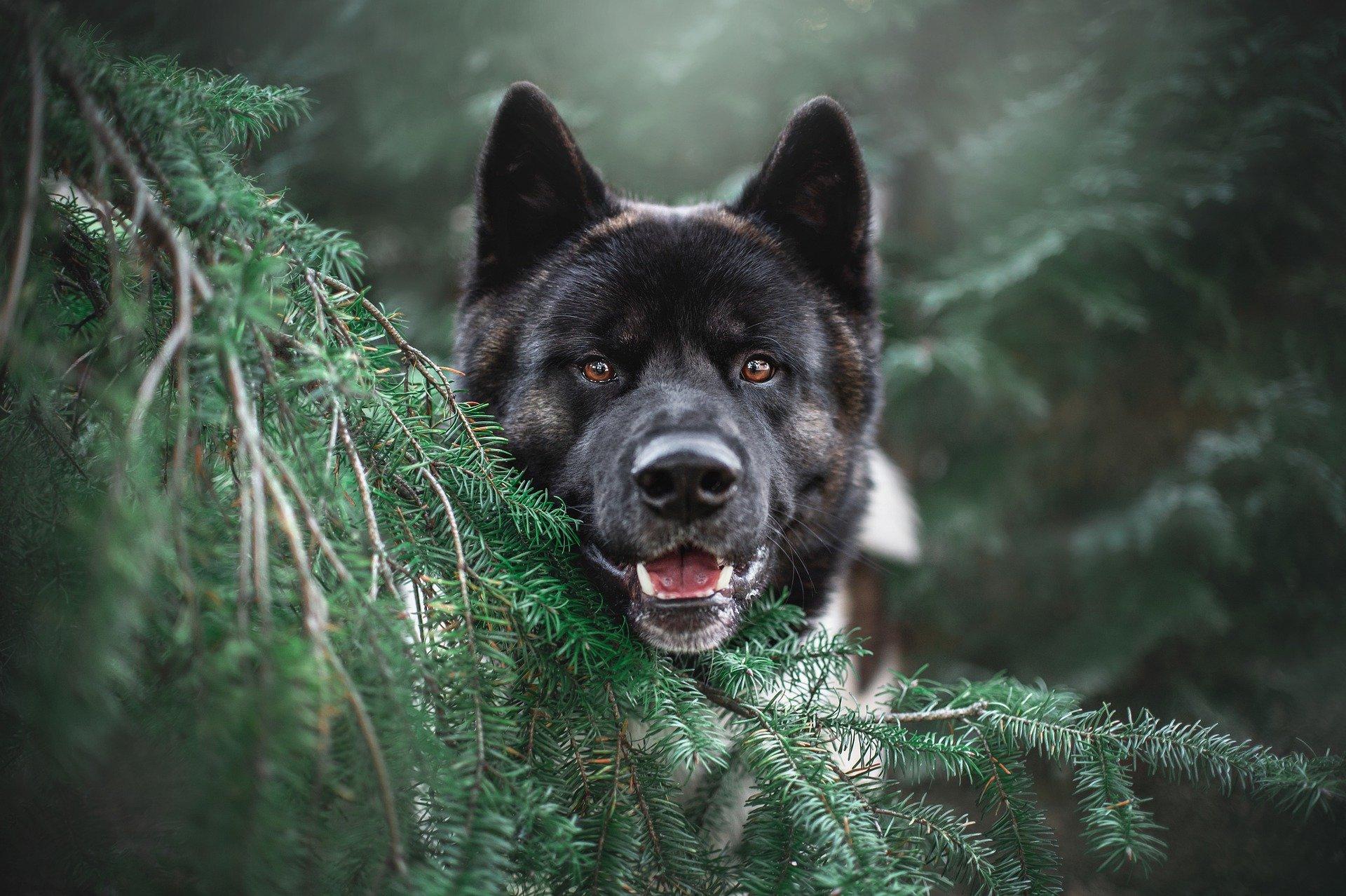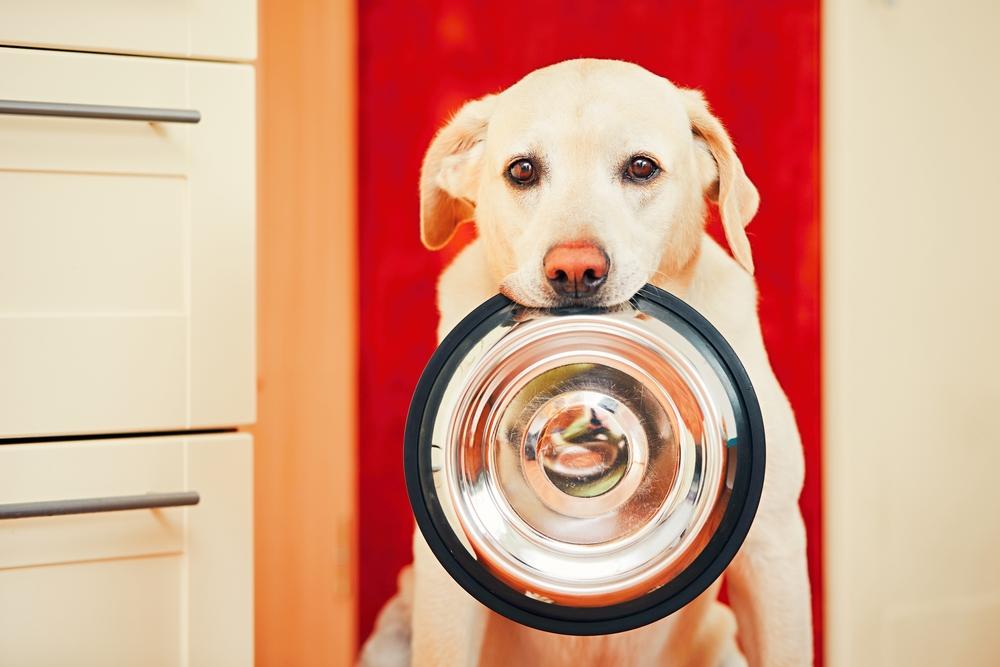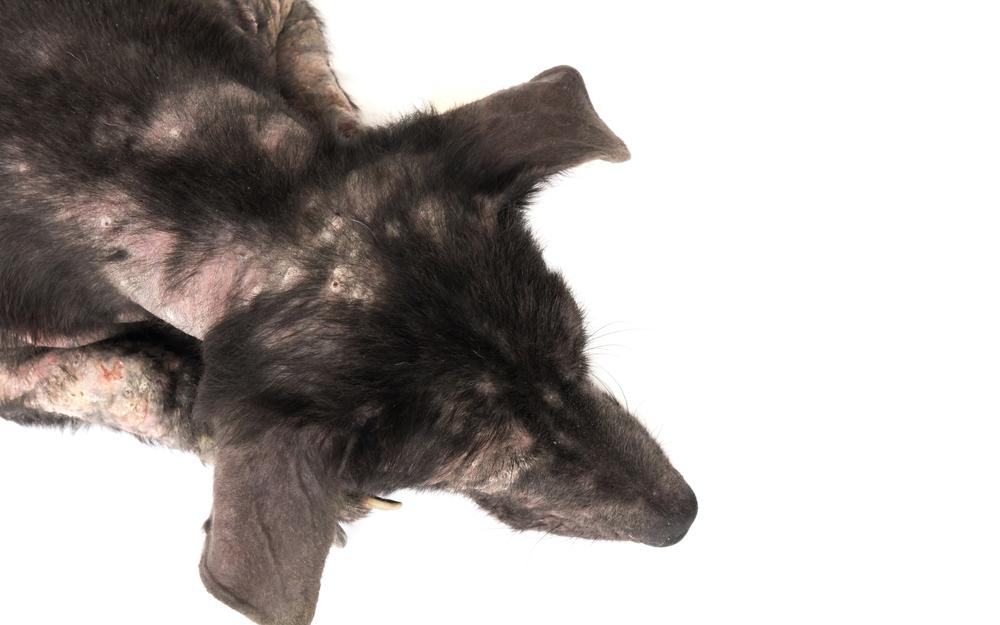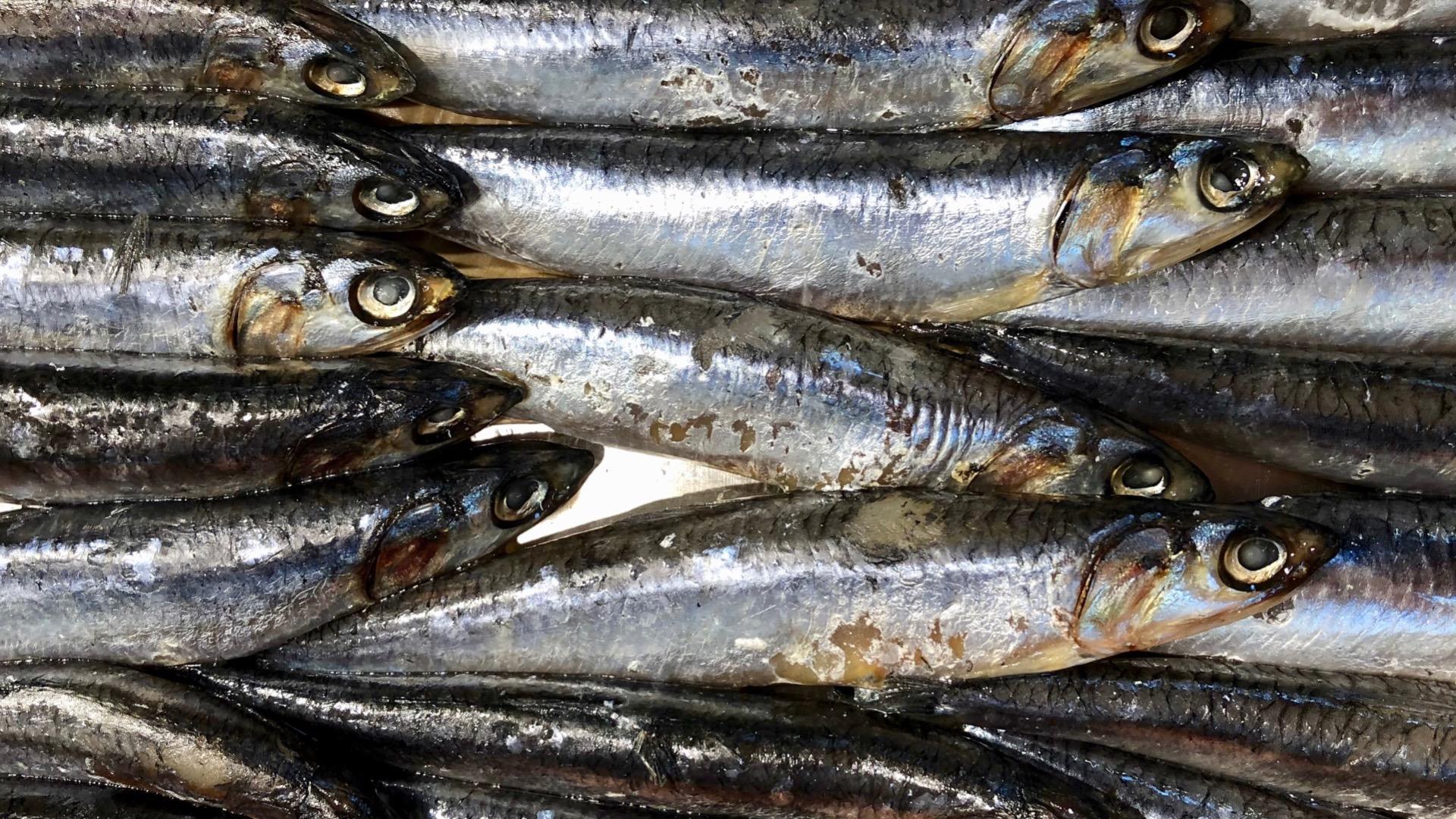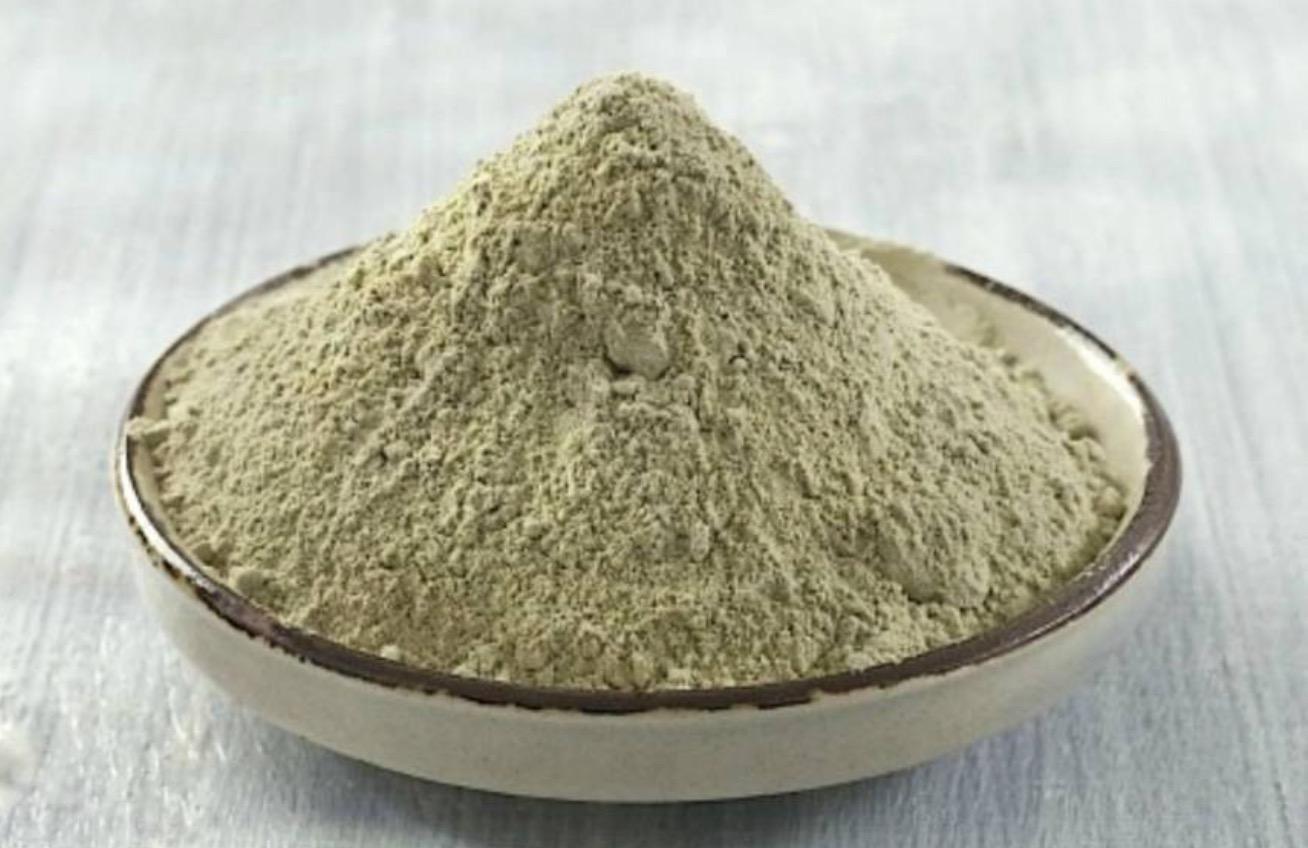Halitosis, as it’s more technically known, in dogs, can be a symptom of a range of health concerns. Ranging from dental disease to some cheeky gut bugs overworking, bad breath is often the first sign things may not be as they should, so lets take a look at the more common reasons and what options are available to you.
1) Periodontal Disease
Periodontal disease begins when bacteria in the dog’s mouth forms to create a substance called plaque. The plaque sits on the surface of the teeth and with the help of saliva, it hardens to form tartar. Not only does it sit on the teeth, plaque and tartar seeps into gum lines which causes inflammation. Over a period of time, this inflammation and presence of bacteria causes damage to the structures surrounding the teeth; causing receding gum lines and eventually tooth loss.
Not only are the mouth and teeth a concern, but the bacteria found in the mouth of your dog can be released into the circulatory system, which then travels through the body. It has been found to damage cardiac tissue causing endocarditis (infection and inflammation in the heart). Studies have also shown that periodontal disease is linked to increased insulin resistance, kidney and liver issues.
Findings here
The mouth is full of bacteria, primarily to form a first line of defence to protect us and our pets from the bad bugs, but the bad bugs can use carbohydrates, known as starches, as fuel, and subsequently thrive. These bacteria destroy enamel which further develop into cavities, or holes. This is why, in most human literature we are told to avoid sugars for the benefit of our oral health. It stands to reason that we would want to avoid starchy food for our pets too. A fresh food diet is as standard, low in starch, but the inclusion of raw meaty bones, if appropriate, can also create friction when eaten and contribute to the prevention of build-up on the teeth. Please note common dry foods on the market, although not marketed contain between 18-60% carbohydrates.
So, if your dog’s breath could keep a vampire away, you may want to check his oral hygiene. Look for build-up, grey/brown deposits, and any breakdown of teeth.
2) SIBO
Whilst it sounds like a mission to outer space, SIBO is actually a little more common than that.
Small intestine bacterial overgrowth is getting increasingly common in the pet world. Whilst we usually define the microbiome as the microbial community found in the whole of the digestive tract, abundance generally increases from the stomach to the colon So, we would generally find more microbes the further down we go. SIBO occurs when we get more than we bargained for in the small intestine.
It is more commonly associated with surgery, or rather a complication of surgery, but it can also occur as a result of any disease which slows the passage of food and waste products down. This means they stay in the wrong place for too long, and we all know what happens when you’re in the wrong place at the wrong time.
SIBO is often associated with cases of IBD or IBS, but there must also be consideration given in times of chronic stress as we know motility is affected here.
Symptoms of SIBO include loss of appetite, abdominal pain, nausea, bloating, diarrhoea, and weight loss. Due to the overgrowth of bacteria, bad breath is often a symptom.
Unfortunately, there are a number of complications associated with SIBO. It can result in poor digestion and absorption of fats, proteins and carbohydrates. Bile salts that are usually required to digest fats are often broken down by the bacteria, leaving few left to digest the fat in the diet. This then leads to reduced absorption, transport and utilisation of any of the fat-soluble vitamins, A, D, E and K. The overgrown bacteria also utilise the B12 marked for host use, subsequently leading to B12 deficiency.
SIBO is also indicated in cases of immune deficiency, cirrhosis, and pancreatitis.
Findings here
Nutritional management plays a huge role in SIBO, so if you are concerned your dog may be showing symptoms, then please book a consultation
here.
3) Liver Diseas
When the liver isn’t performing to its fully capacity, it can result in potential toxins still circulating in the body. This includes the lungs. On exhale, this can present as a strong faecal smell (be mindful we are dealing with dogs, and some of them do perform coprophagy: eating poop).
However, in cases of liver disease you would notice other symptoms such as loss of appetite, weight loss, increased thirst, increased urination, jaundice (yellowing of the gums and eyes), weakness and loss of stability and in some cases seizures. Liver disease can occur as part of ageing, or there are genetic predispositions. However, oxidative stress is a significant contributor to liver complications. Risk factors associated with oxidative stress include:
- Obesity
- Diets high in processed foods
- Exposure to radiation
- Pollution
- Exposure to pesticides
Not only that, but the body’s natural immune system can also trigger oxidative stress. This is a normal process that is swiftly managed in a healthy system. The concern is when your dog’s immune system is regularly being called to duty, over not-so-threatening threats. This state of chronic inflammation can result in higher levels of oxidative stress, putting pressure on many body systems. A diet high in antioxidants can help modulate oxidative stress, but if you are concerned about your dog’s liver function, then it’s best to speak to a qualified practitioner.
If you would like to read more about liver disease, then check out our blog
here.
4) Kidney Disease
Another part of the detoxification system, when the kidneys aren’t doing what they’re supposed to, excessive urea can end up in the bloodstream resulting in a halitosis. This odour is described as ammonia smelling and having a metallic taste – but as our dogs can’t talk, we’ll just have to follow our noses.
When protein is broken down in the body, urea is a resulting waste product. The role of the kidneys is to remove it from the bloodstream, but if they aren’t to capacity, the urea content in the blood remains.
The symptoms most associated with kidney disease in dogs include:
- Increased thirst
- Increased urination
- Reduced appetite
- Weight loss
- Lethargy
- Poor body condition and score
There are a number of risk factors associated with the dog developing kidney disease, there are genetic predispositions, but there are also a number of environmental factors including a low moisture diet, high salt content foods, increased immune system responses placing additional pressure on the kidneys, exposure to pesticides and modulation of vaccination response. In short, the more you ask something to work, the sooner it will need to retire.
To read more about kidney disease, then please checkout our blog
here.
5) A dog being a dog!
Not surprisingly, there are a number of other reasons why your dog may develop foul smelling breath too. As we have mentioned, many dogs like to practice coprophagy (eating their own poop), so understandably this will result in a less than desirable lick to the chin! But dogs will also snaffle in dead carcasses and anything else they find on their walk. However, some dogs just can’t stop themselves eating anything they come across and if they happen to pick up something they shouldn’t, it can result in a blockage. This is another common cause of bad breath. Without things moving as they should, bacteria will settle where they shouldn’t. Symptoms most associated with a blockage include vomiting, diarrhoea, straining to defecate, drooling, burping and lethargy. It goes without saying, this is a veterinary emergency.
There are several reasons why you may notice afoul-smelling odour from your dog’s mouth. As dental disease is one of the most common issues presented to veterinary practitioners, it would pay to keep a close eye on their oral hygiene. A fresh food diet, naturally low in starches will help to reduce build up. Raw meaty bones, if appropriate can also provide an abrasive function to help prevent build up too. Halitosis is also associated with other underlying health issues like SIBO, kidney and liver disease. That said, dogs will be dogs, so if it’s a sudden onset, consider that they may have carried out their own faecal transplant, but also consider the risk of a potential blockage.
Please also note, certain conventional drugs can affect oral hygiene and can lead to gingivitis.
If you would like to book a consultation to discuss any of the above, then please do so
here.
Thanks for reading!
MPN Team x




